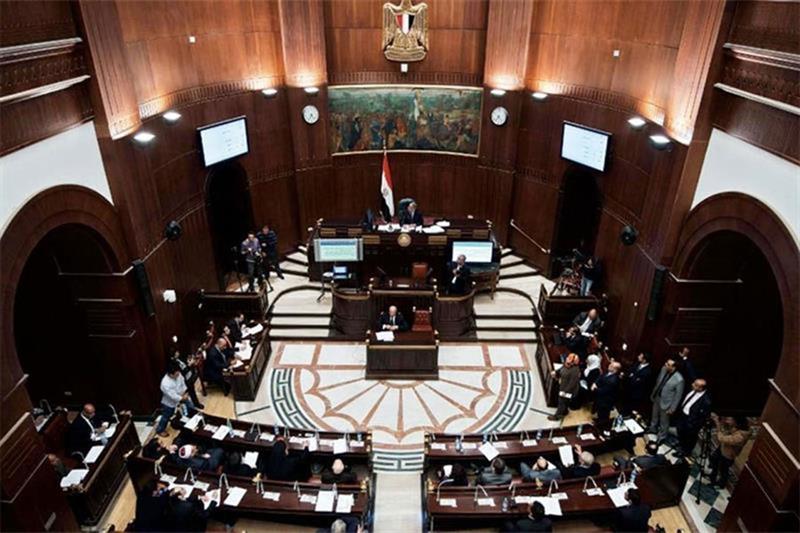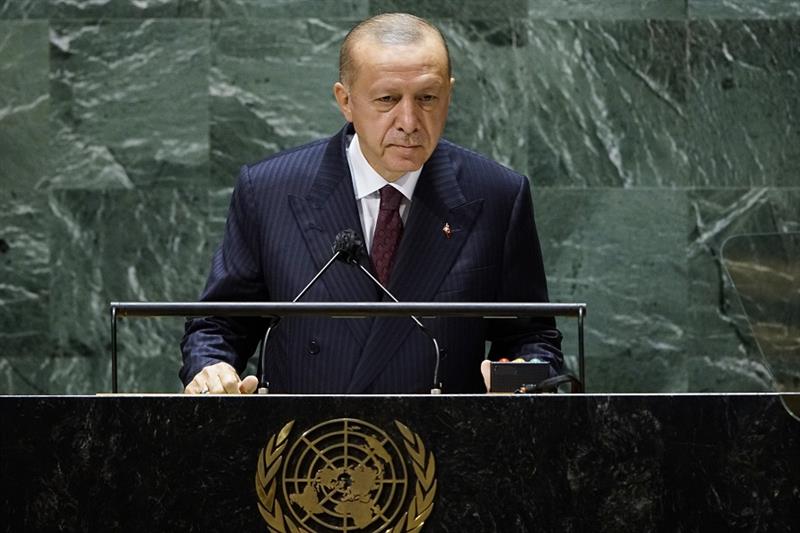Egypt's Senate to resume discussions over new labour law on Sunday and Monday
Gamal Essam El-Din , Saturday 29 Jan 2022
Egypt's Senate – the consultative upper house of parliament – will reconvene on Sunday and Monday to resume discussions over the articles of the country's new labour law following a two-week holiday.

Article 58 states that "employment of children less than 15 years in age is banned."
"A child who is 14 years in age, however, can be employed or can receive job training and that his/her employer should provide him/her with a job identity card to be endorsed by the concerned administrative department," said article 58.
Article 60 states that child labour for more than six hours a day is banned.
"After six hours, a child should take a rest for no less than one hour in order to take rest and have something to eat," said Article 60, adding that "child labour is also banned during official holidays and week ends."
The Senate also approved articles related to labour by women. Abdel-Khaleq Ayad, chairman of the Senate's Energy, Environment, and Labour Committee, said the draft adopts a legislative policy aimed at protecting women against discrimination and making sure that working women and men are treated equally as long as the working conditions are similar.
"The minister of labour is also authorised by the law to issue decrees regarding the conditions and occasions in which women are allowed to take paid holidays," said Ayad, indicating that "according to the law, working women cannot be dismissed while on a labour leave."
The Senate has rejected a proposal aimed at allowing "fathers to take a week's paternity leave during the six months after a baby's birth."
The draft took four months of discussions.
"The committee held a series of hearings during this period to listen to the viewpoints of labour experts on the draft law," said Ayad.
Ayad added that "in our four-month discussions we focused on how the draft law will serve production and workers and how it will encourage businessmen and investors to set up new projects that can generate new job opportunities for young people."
According to Ayad, the new labour law was drafted to strike a balance between the interests of both the employers and employees. "The law does not serve the interests of one party at the expense of the other. It is a progressive step for the country," said Ayad.
He insisted that the draft labour law does not include any articles that can lead to the "automatic dismissal of workers."
"The new labour law is meant to regulate the relationship between employers and workers and in this respect, it includes rules that can be used to settle differences between the two parties," said Ayad, adding that "the law states that a worker can be dismissed only upon a final judicial order from a labour court."
He added that in general the law makes it harder for employers to fire staff for illnesses, but allows workers to lose their jobs if convicted of a felony.
Minister of Labour Mohamed Saafan said the number of workers in Egypt is estimated at 30 million and that private-sector employers account for 80 percent of the total.
"This means that private-sector businessmen and investors represent the majority of employers in Egypt, and the new labour law was drafted to reflect this fact," said Saafan.
He indicated that in drafting the new labour law, the government was keen to note the remarks of the International Labour Organisation (ILO). "We also tried our best to make the law in line with foreign agreements and conventions which Egypt signed in this respect," said Saafan.
The law sets a minimum annual bonus equal to three percent of the employee's wages.
Government refutes rumours of 'lay offs' amid digital transformation strategy
MENA , Ahram Online , Friday 28 Jan 2022
Egypt's Cabinet has denied reports that it will lay off thousands of public employees as part of its digital transformation strategy in governmental institutions.

The cabinet's media centre said in a statement on Friday that it has contacted the Central Agency for Organisation and Administration (CAOA), which "totally" denied these reports, asserting that they are baseless and without merit.
Related
The CAOA added that no decisions have been issued in this regard, the centre said.
The digital transformation strategy aims to hone the skills and digital capabilities of workers in the state’s administrative apparatus, without dismissing any of them, it added.
The statement further said that digital transformation facilitates the fair treatment of employees, because their performance is electronically monitored and their capabilities identified.
Around 6.5 million public sector workers and civil servants are employed by the government.
Egypt intends to digitise all government services countrywide, earmarking million of pounds to push the plan forward.
The country is also pushing ahead with efforts to gradually transfer civil service employees to new headquarters in the New Administrative Capital.


